The year 2020 has carved its mark in the history of the world. After waiting for a very long time, India is set to begin its first Vaccination drive, with its first phase commencing from 16th January 2021. There are various vaccines amidst the pandemic in the global market like Pfizer, Moderna that are been used for immunization against Coronavirus. India produced two vaccines Covishield and Covaxin, Covishield has been tested and has proven its efficacy.
Statistically speaking, Jaipur has the highest number of active cases with 58,512 cases, following which is Jodhpur with 44,574 active cases. Udaipur has 11,691 active cases, which after the vaccination drive should drop further.
Udaipur’s Vaccination drive
- In Mid-January Udaipur received its first phase of COVID-19 vaccination, COVISHIELD ahead of the mass vaccination drive starting on 16th January 2020.
- The Government of India has prioritized the health workers and the frontline workers for the vaccination, following which the vaccine would be administered to high-risk people and the elderly population.
- Udaipur will have 9 centers for the planned vaccinations as per the city government.
- There will be three sections to every center: Waiting area, Vaccination Area, Under observation area. The recipients of the vaccination will be observed for 30 minutes after the vaccination to check for any side-effects from the vaccine.
- Recipients who want to get the vaccination have to register on the COWIN app as directed by the Government of Rajasthan and the city of Udaipur.
- For emergencies related to Coronavirus, anyone can call the numbers 104 and 108 for immediate assistance.
What are the vaccines for Coronavirus?

India has produced two vaccines to fight Coronavirus, COVISHIELD, and COVAXIN. Covishield is developed by the Serum Institute of India, while Covaxin is developed by Bharat Biotech., a Biotechnology Company headquartered in Hyderabad.
COVISHIELD
Covishield is a COVID-19 vaccine developed by Serum Institute of India, headquartered in Pune. The vaccine has been approved by DCGI and is under circulation for mass vaccination drives planned ahead this year by the government of India. Covishield is the only vaccine produced by India that has proven efficacy. The vaccine is given to some states while the other states have received Covaxin. The vaccines are not interchangeable.
Udaipur has received 1,00,500 Covishield vaccines last week for the first phase of the vaccination drive.
Who should not take the vaccine?
- People who are exhibiting active symptoms of SARS-CoV-2 infection.
- COVID-19 patients who have been given anti-SARS-Cov-2 monoclonal antibodies or convalescent plasma.
- Critically unwell and hospitalized patients (with or without intensive care) due to any illness.
- People with a history of platelet disorder, clotting factor deficiency, or coagulopathy should only be given the vaccine after cautioning them.
Can those with certain health conditions be administered the vaccine?
- People with a past history of COVID-19 infection can be immunized.
- People with a history of chronic diseases – cardiac, neurological, pulmonary, metabolic, and malignancies – are also included.
- Patients on immunosuppression and immunodeficiency or HIV can be administered the COVID-19 vaccine.
What are the side-effects?
For Covishield, there are a few recorded mild adverse effects that may or may not happen following immunization:
- Injection site tenderness;
- injection site pain; headache;
- fatigue; myalgia (muscle pain); discomfort;
- pyrexia (an abnormal elevation of body temperature); chills; and nausea.
- In such cases, paracetamol can be given, the advisory adds.
- Very rare events of demyelinating disorders” have been reported following the vaccination, although not too many recurring cases.
- In any case of adverse effects, please contact the nearest available hospital and get examined.
COVAXIN
Covaxin is considered India’s first Indigenous COVID-19 Vaccine developed by Bharat Biotech in collaboration with the Indian Council of Medical Research (ICMR) – National Institute of Virology (NIV). The vaccine received DCGI approval for Phase I & II of Human Clinical Trials and the trials started across India from July 2020. The vaccine’s efficacy is not yet proven as opposed to Covishield which is proven to have worked against the virus. Before giving anyone Covaxin, they should be informed about the same. It is called mandatory Informed consent, wherein the patient can take a day to think if he wants to be immunized.
Who should take the vaccine?
- The vaccine should only be administered by the health professionals and frontline health workers who are a part of the mass drive.
- The vaccine is strictly for the patients affected by Coronavirus, health professionals, and elderly people as per the Government’s prioritization for the drive.
- The vaccine should only be taken by patients infected with the virus, in this case after the approval of the patient or their family about the unproven efficacy.
- Pregnant women should not take the vaccination
- The vaccine is only for people of 18 years and above.
What are the side effects?
The vaccine has only been approved by the Government in the Clinical Trial Mode, which would mean that the recipients would have to sign a consent form. In any events of severe or any side effects, Bharat Biotech would have to compensate for the same.
According to the Centre’s fact sheet, these are the common adverse events after administering Covaxin.
- Injection site pain
- Fever and Headache
- Body ache and Abdominal pain
- Nausea and Fatigue
- Dizziness and Sweating
- Cold and Cough
If any of these symptoms surface, post-vaccination, please contact the authorities for further examination and prevention.
Covid-19 has swept over millions of lives globally through the year 2020 and now 2021, the development of vaccines should lower the risk of the virus by a considerable amount. Hospitals and health workers are at the frontline of this crisis, be sure to thank them for their service, as we get ahead of this virus.
About Chaudhary Hospital
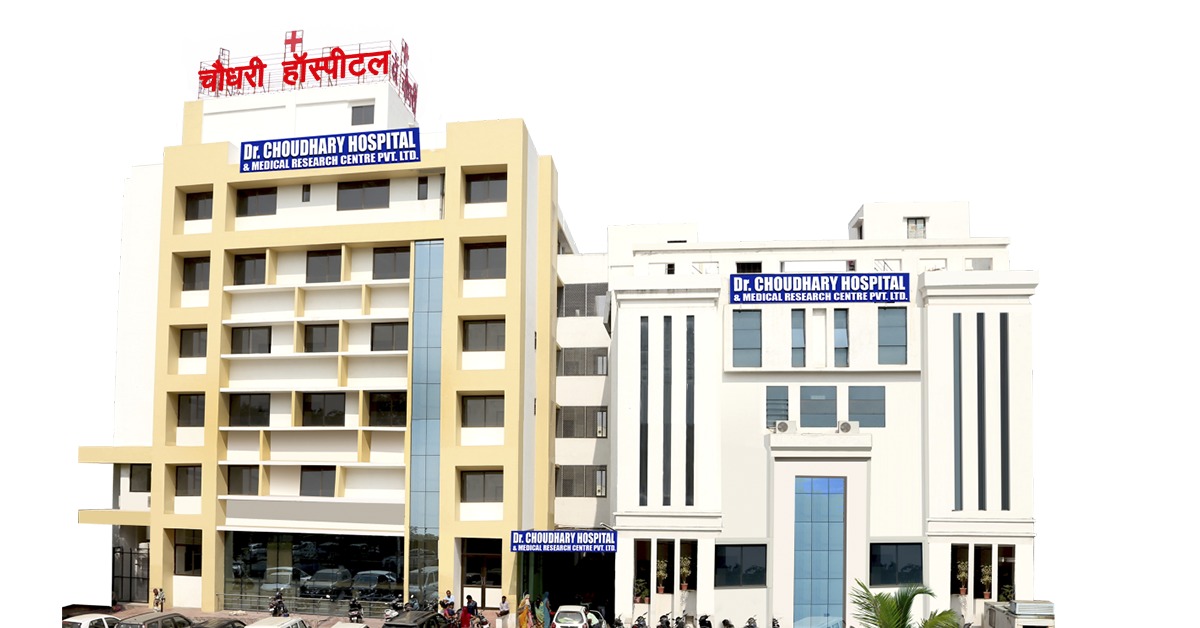
Established in 2005, Chaudhary Hospital in Udaipur is the city’s premier Multispecialty hospital situated in the center of the city. Our Hospital is
- NABH Certified
- 15 years of experience in Healthcare services
- 4 Lakh+ tests per year
- Team of Expert Doctors and Specialists
- Accurate Results
- Advanced Diagnostic Labs
- COVID Care unit
Our team of doctors and the entire staff of Chaudhary Hospital have been vaccinated with the Covishield vaccine. We are proud to have serve Udaipur with the utmost care and safety required to fight the pandemic.
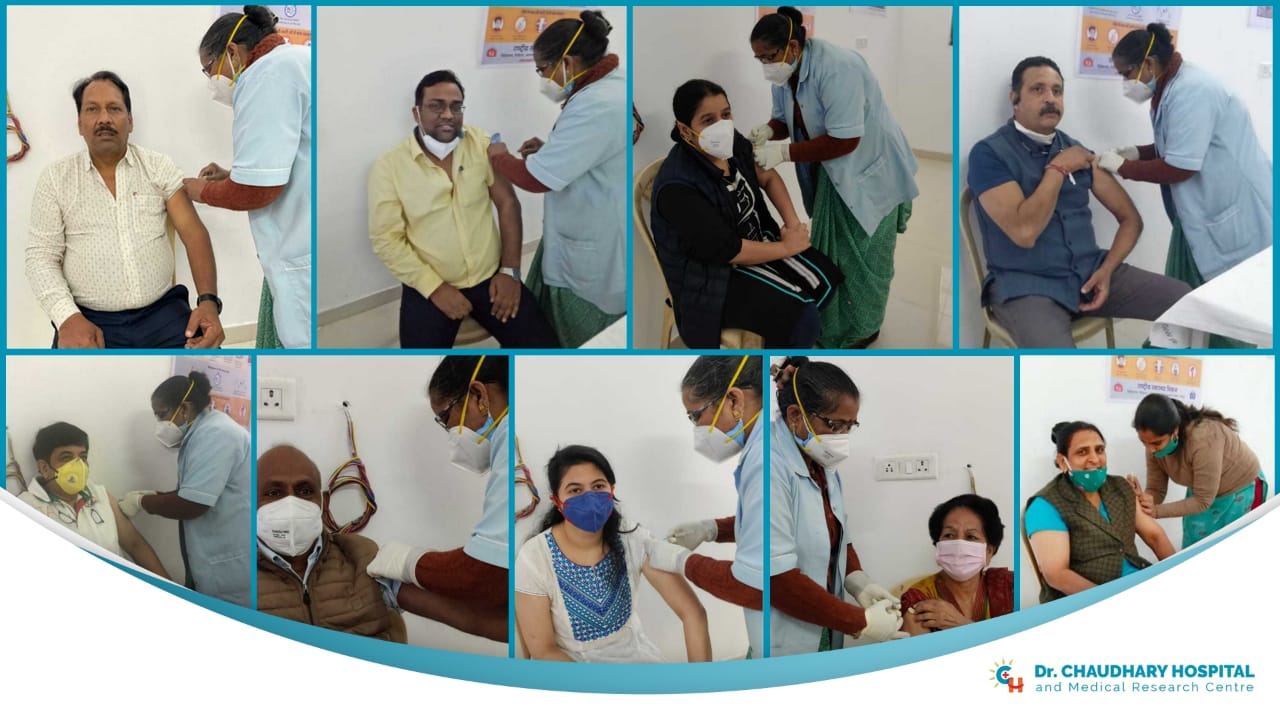
Our COVID Care unit is equipped with the latest technology and procedures. According to the guidelines by the Ministry of Health and Family Welfare, Government of India, Home Isolation is advisable for entirely asymptomatic or patients with mild symptoms. We at Chaudhary Hospital provide specialized care for COVID-19 infections. To know more, contact us on +91 294 2465566

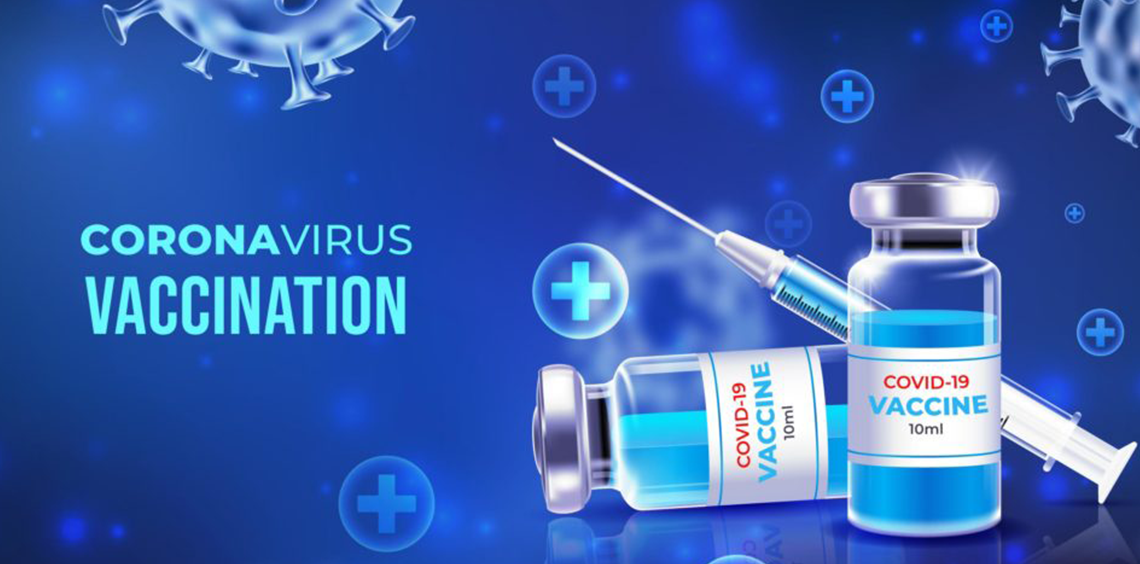
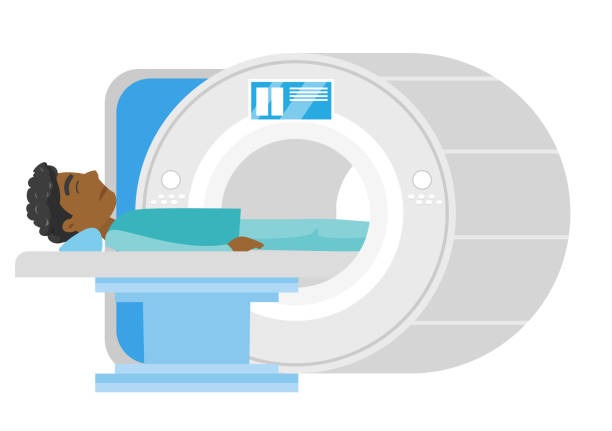


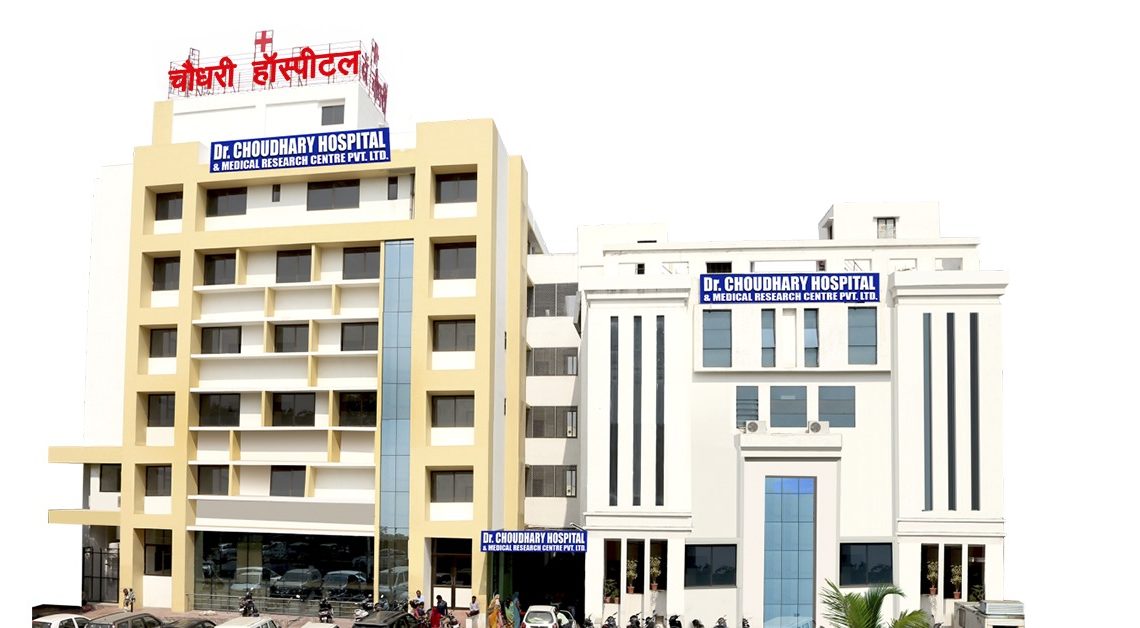
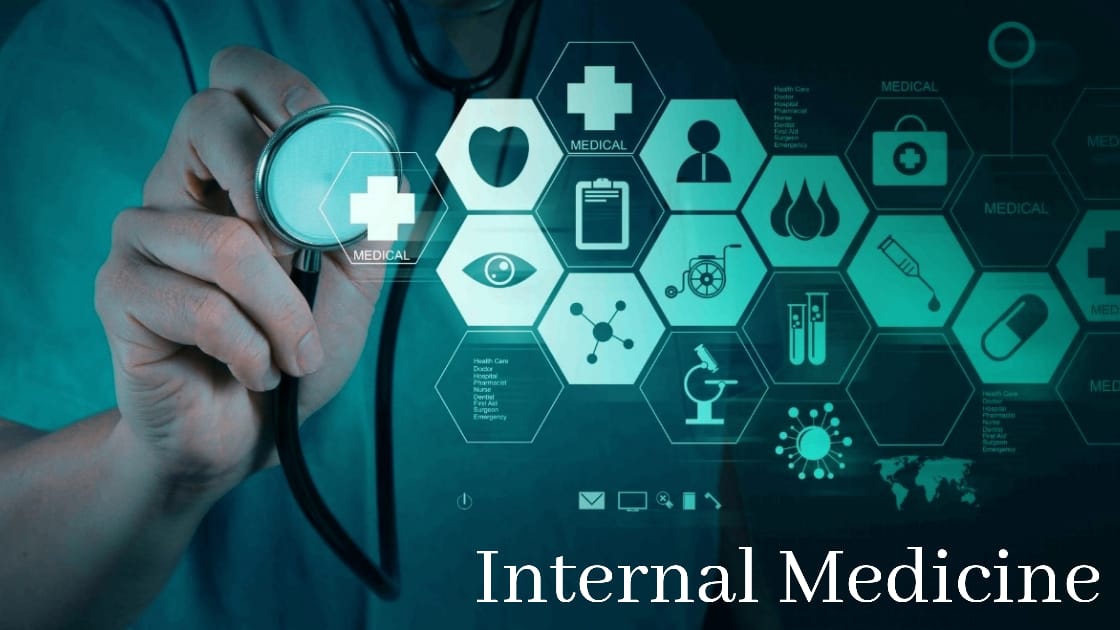
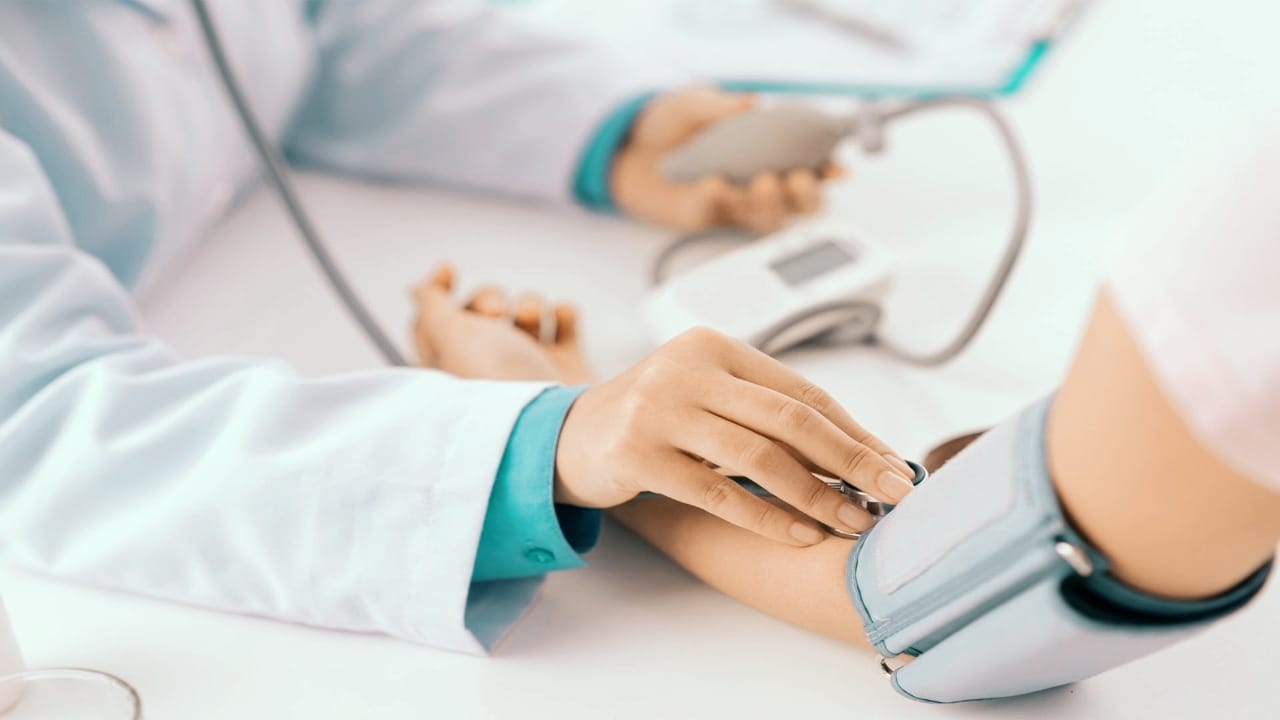
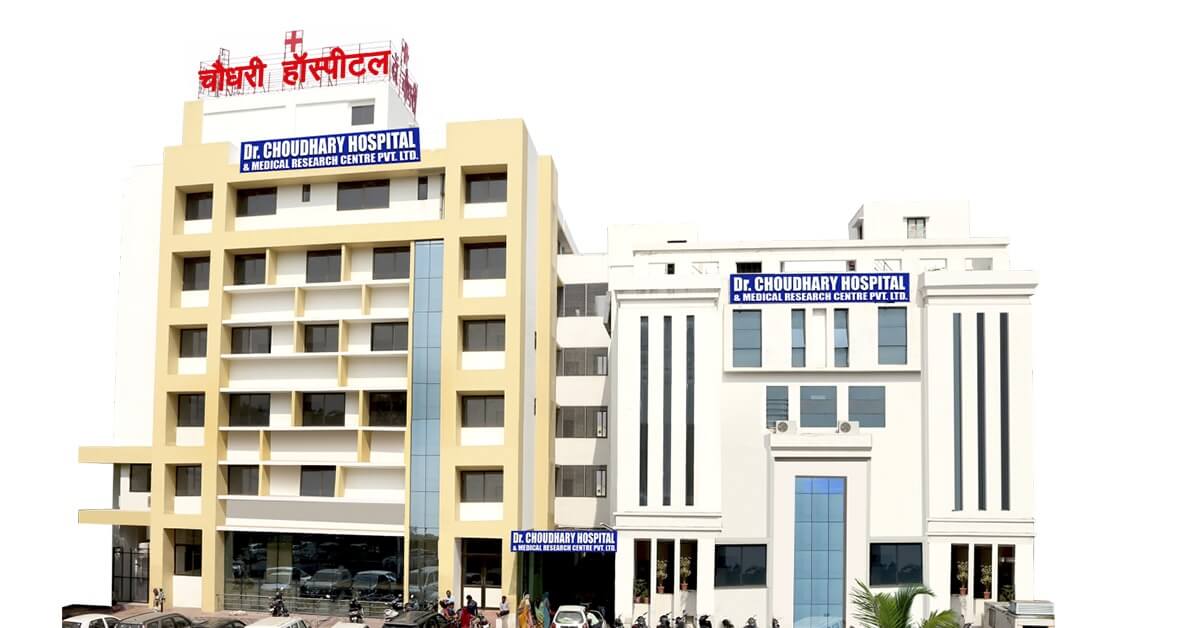
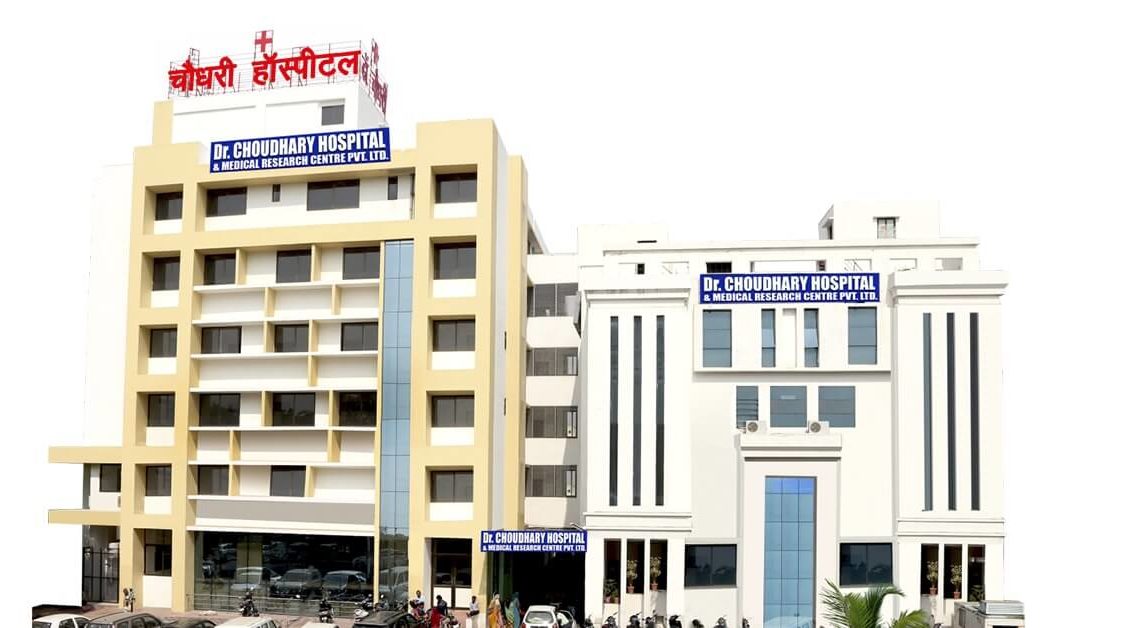
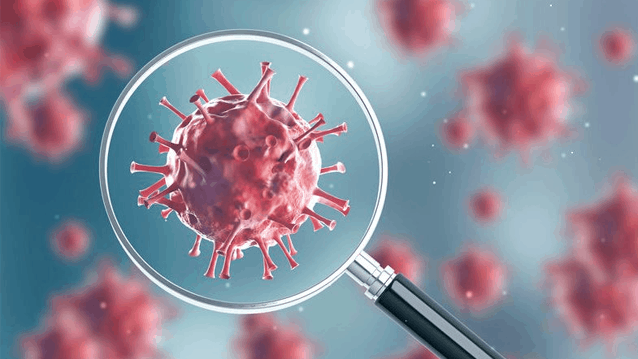
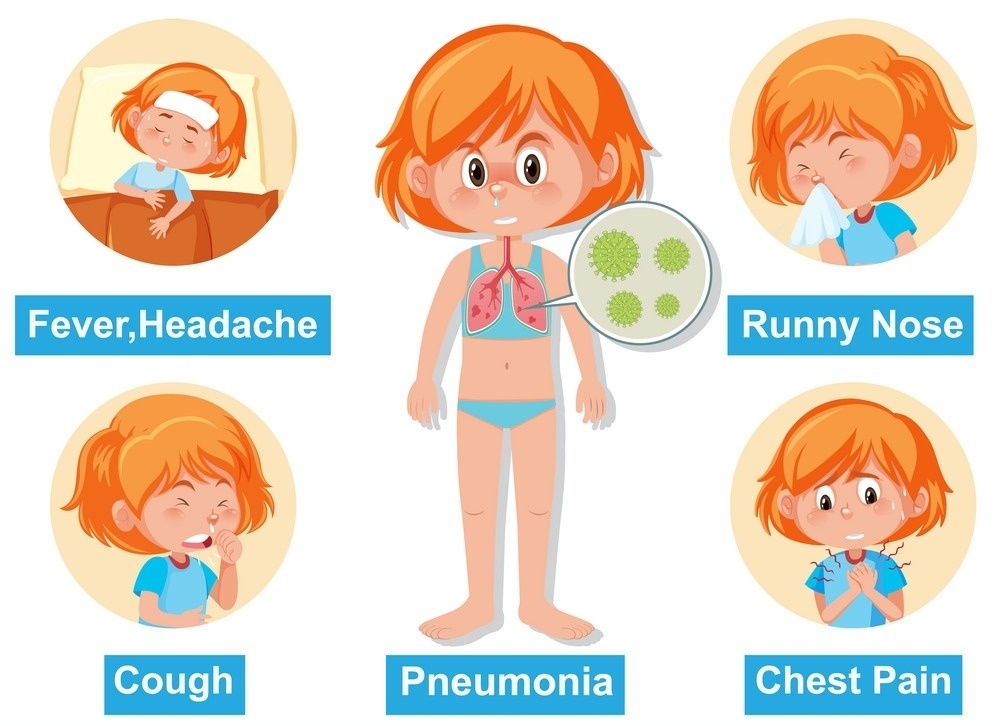
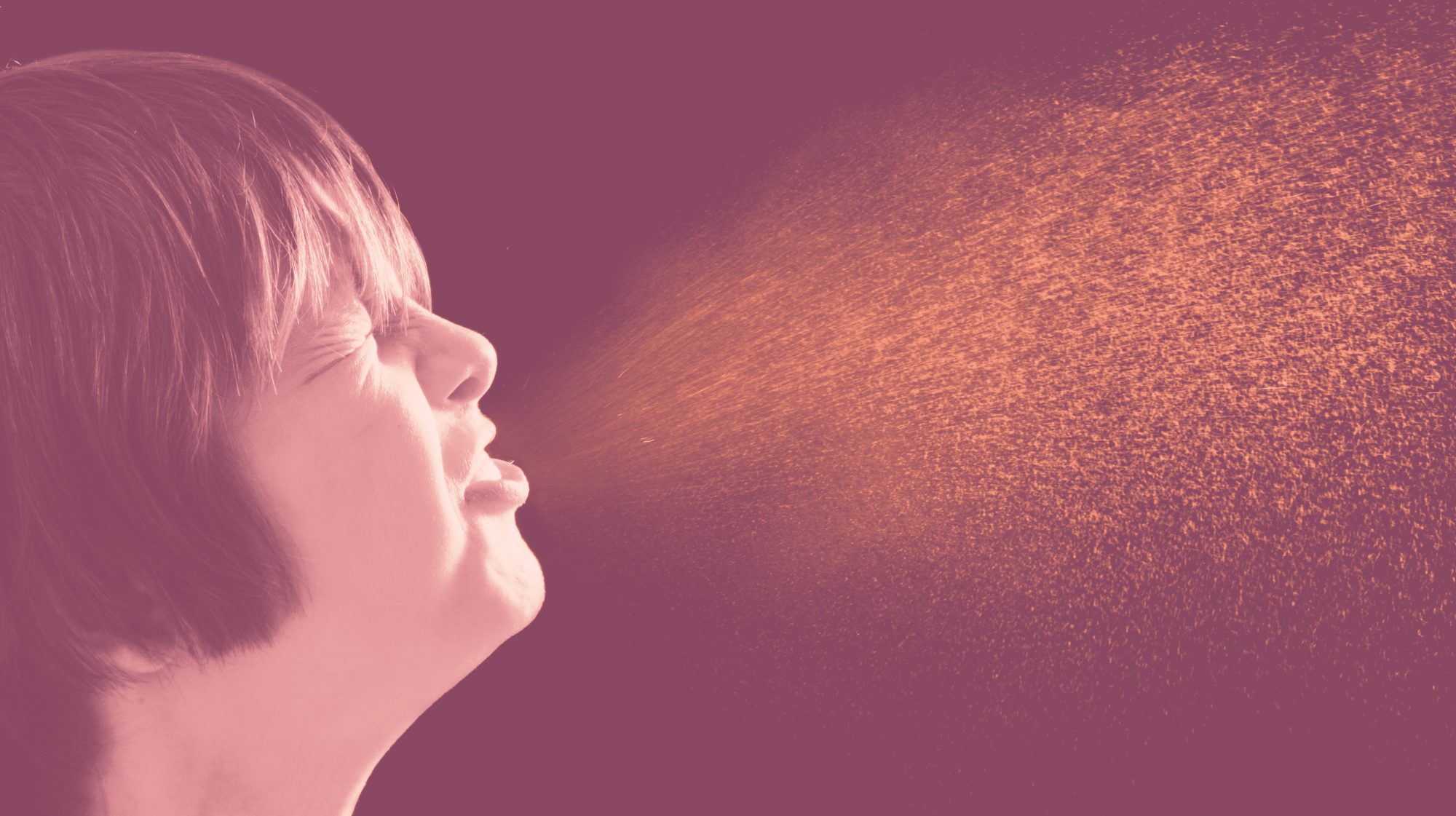 Coronavirus is transmitted through human contact, sneezes, or cough droplets. You might get the virus if you come in close contact with someone who has the virus or they have coughed or sneezed in the same proximity as you. According to experts, infected people who have coughed or sneezed on common surfaces like tables or chairs are also spreading the disease. Besides that, the use of unwashed hands to touch your face is also proven to be effective in the spread of coronavirus.
Coronavirus is transmitted through human contact, sneezes, or cough droplets. You might get the virus if you come in close contact with someone who has the virus or they have coughed or sneezed in the same proximity as you. According to experts, infected people who have coughed or sneezed on common surfaces like tables or chairs are also spreading the disease. Besides that, the use of unwashed hands to touch your face is also proven to be effective in the spread of coronavirus. Incubation Period refers to the time between catching the virus and when the body begins exhibiting symptoms of the disease. As per experts, the incubation period of COVID-19 is between 1-14 days, mostly around five days. This might range for the current data will be updated when a deeper study of the new data would become available. It is best suggested by doctors and experts to remain under quarantine and assess the symptoms.
Incubation Period refers to the time between catching the virus and when the body begins exhibiting symptoms of the disease. As per experts, the incubation period of COVID-19 is between 1-14 days, mostly around five days. This might range for the current data will be updated when a deeper study of the new data would become available. It is best suggested by doctors and experts to remain under quarantine and assess the symptoms.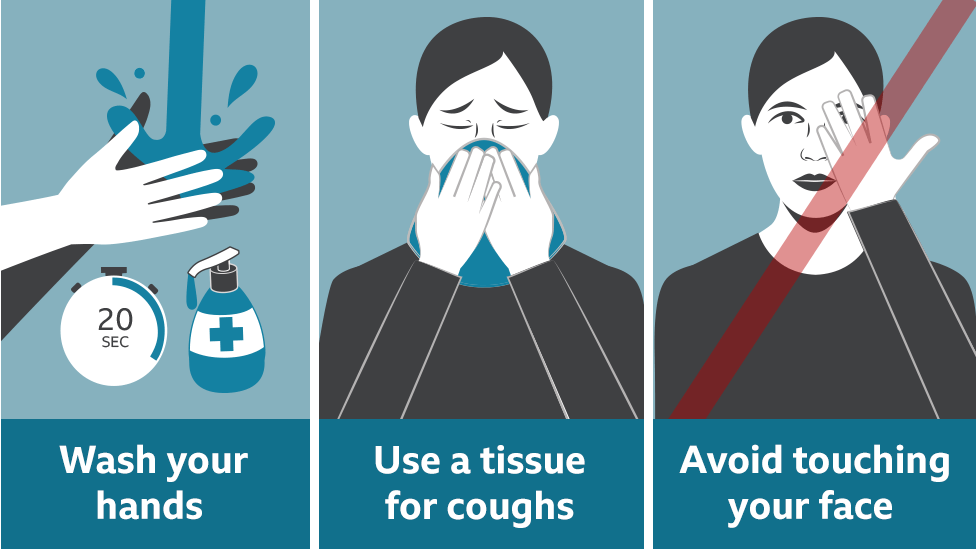 While there is no vaccine available to prevent infection with the new coronavirus, you can take measures to minimize your risk of infection.
While there is no vaccine available to prevent infection with the new coronavirus, you can take measures to minimize your risk of infection.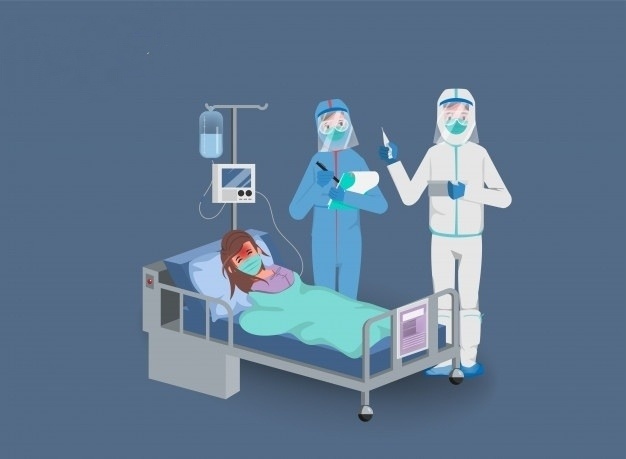 In case of change in body temperature or cough, experts suggest that anybody with prominent symptoms should stay home for at least 7 days. In case they live with family, they should live in their home for at least 14 days. This is suggested to prevent the disease from spreading further; outside the home. In case the symptoms continue to last or grow than seven days, you should call for medical service.
In case of change in body temperature or cough, experts suggest that anybody with prominent symptoms should stay home for at least 7 days. In case they live with family, they should live in their home for at least 14 days. This is suggested to prevent the disease from spreading further; outside the home. In case the symptoms continue to last or grow than seven days, you should call for medical service.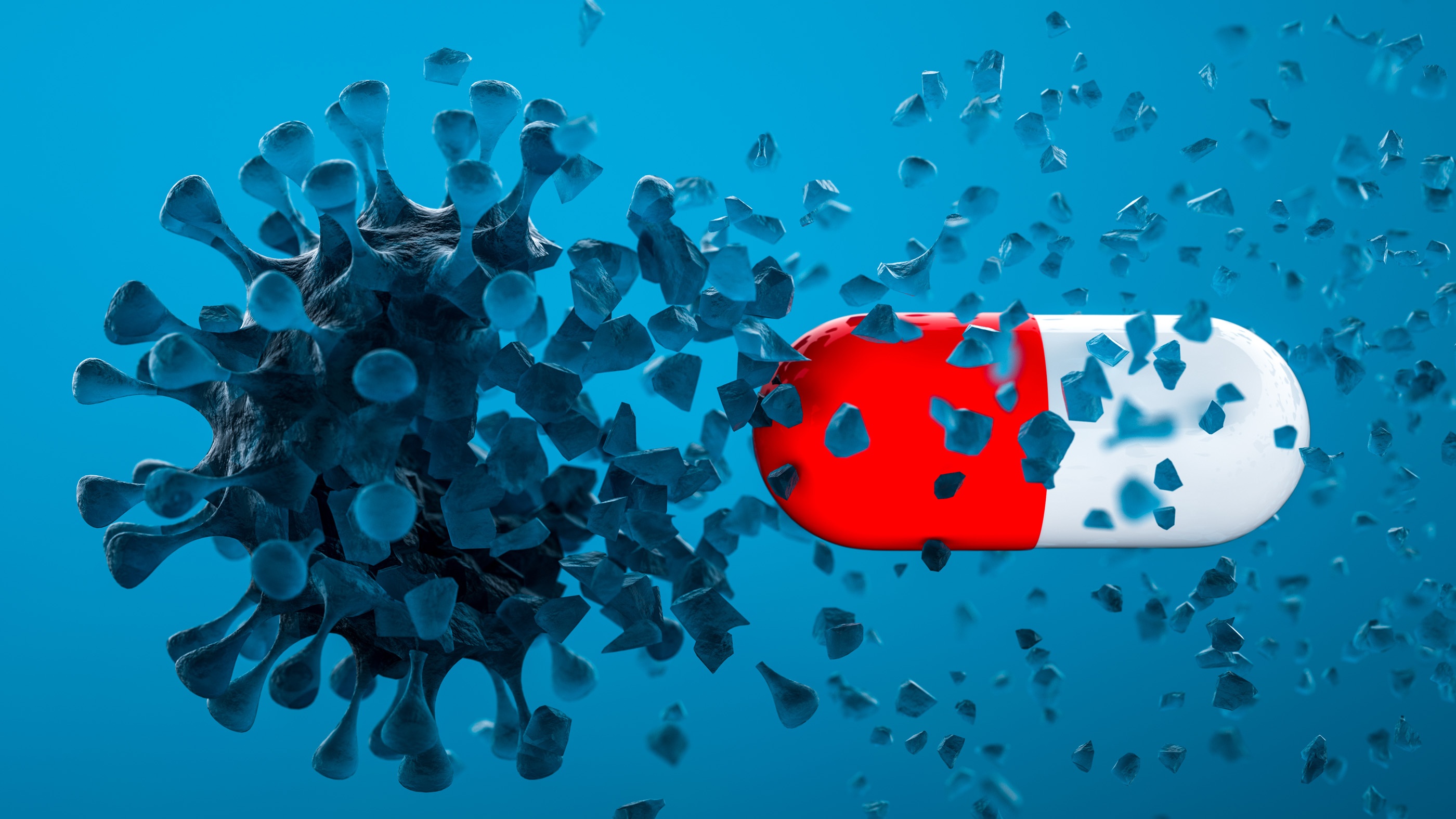 At present. there is no clearly approved treatment for COVID-19 and no cure for the infection. Although therapies and vaccines are currently under review. At the time being, all treatments focus on treating symptoms as the infection is rapidly progressing.
At present. there is no clearly approved treatment for COVID-19 and no cure for the infection. Although therapies and vaccines are currently under review. At the time being, all treatments focus on treating symptoms as the infection is rapidly progressing.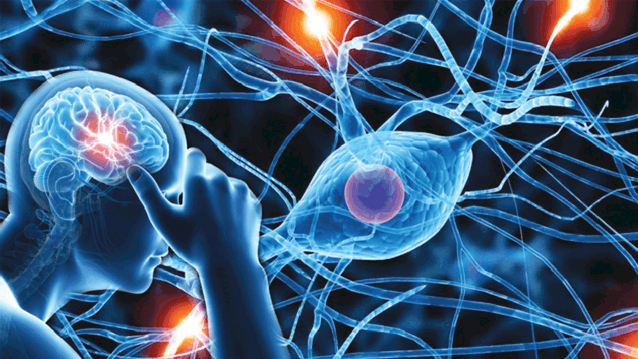
 Alzheimer’s disease (AD) is the most common form of dementia found in older people. Dementia is a brain disease that severely affects an individual’s ability to perform everyday activities.
Alzheimer’s disease (AD) is the most common form of dementia found in older people. Dementia is a brain disease that severely affects an individual’s ability to perform everyday activities.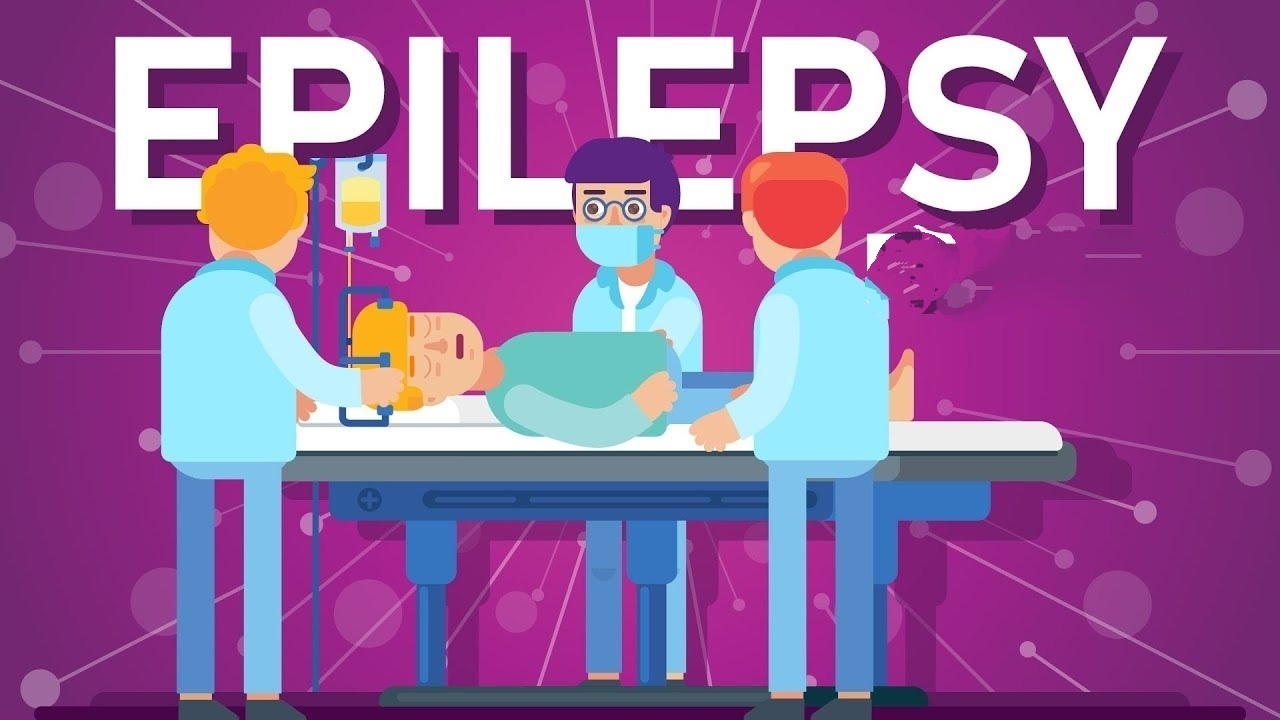 Epilepsy is a condition that is characterized by frequent seizures.
Epilepsy is a condition that is characterized by frequent seizures.  Multiple sclerosis (MS) is a condition that causes demyelination (disruption of myelin that isolates and preserves nerve cells) of the spinal nerves and brain cells.
Multiple sclerosis (MS) is a condition that causes demyelination (disruption of myelin that isolates and preserves nerve cells) of the spinal nerves and brain cells.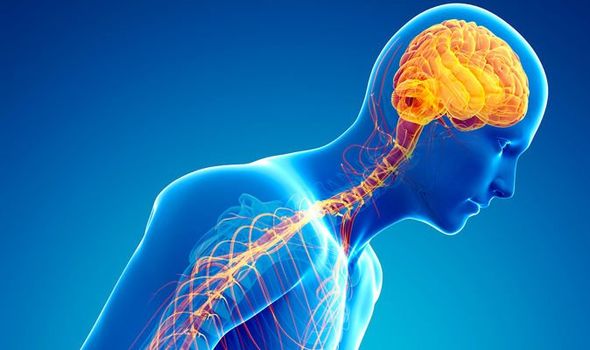 Parkinson’s disease is a neurodegenerative condition that leads to a gradual deterioration of motor activity due to the loss of dopamine-producing brain cells.
Parkinson’s disease is a neurodegenerative condition that leads to a gradual deterioration of motor activity due to the loss of dopamine-producing brain cells.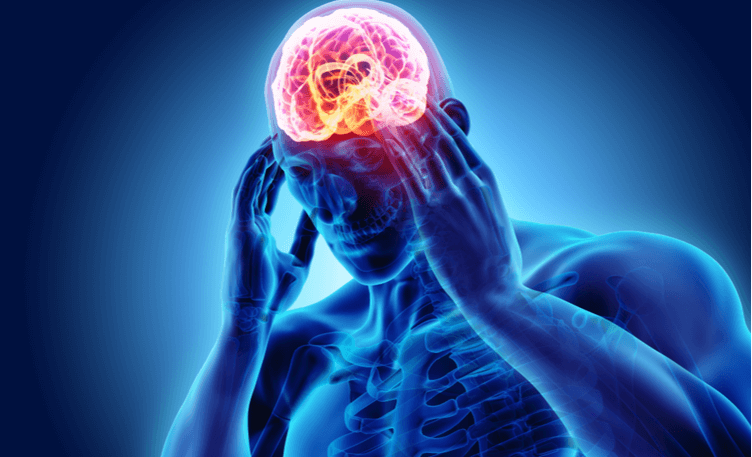 A migraine is a form of headache. Symptoms such as nausea, vomiting, or sensitivity to light and sound may occur. In certain cases, only one side of the head experiences throbbing pain.
A migraine is a form of headache. Symptoms such as nausea, vomiting, or sensitivity to light and sound may occur. In certain cases, only one side of the head experiences throbbing pain.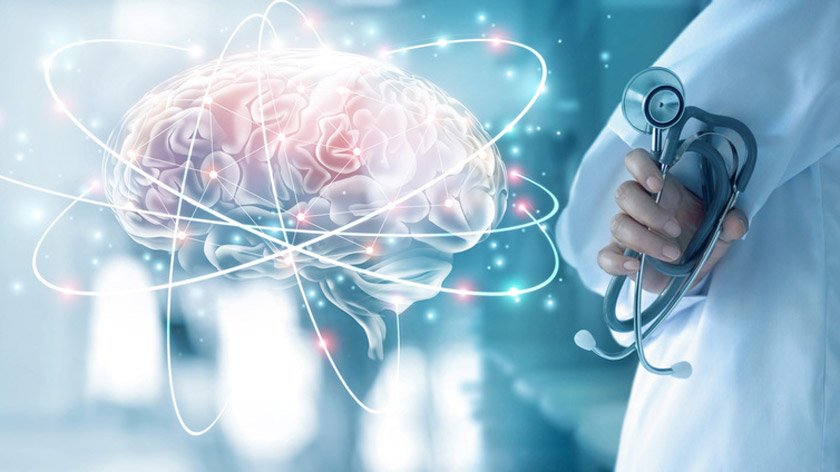 There are various methods of therapy for different forms of neurological disorders. Medications can be used orally, topically or intravenously. Device-based therapies, such as deep brain stimulation, surgery, including tumor removal procedures, physical therapy, and rehabilitation are also medications that can be used to heal these conditions.
There are various methods of therapy for different forms of neurological disorders. Medications can be used orally, topically or intravenously. Device-based therapies, such as deep brain stimulation, surgery, including tumor removal procedures, physical therapy, and rehabilitation are also medications that can be used to heal these conditions.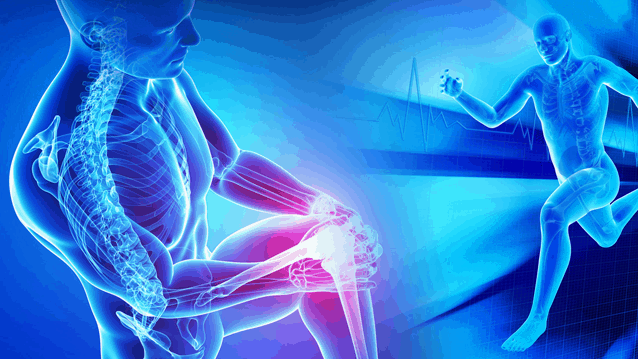
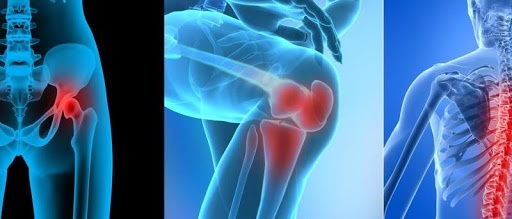 Orthopedics problems are often associated with some type of stress, strain, or damage involving muscles, ligaments, and joints. Adults, in particular, may experience muscle-related discomfort due to age-related conditions, temporary inflammation, and corresponding medical conditions such as diabetes and high blood pressure.
Orthopedics problems are often associated with some type of stress, strain, or damage involving muscles, ligaments, and joints. Adults, in particular, may experience muscle-related discomfort due to age-related conditions, temporary inflammation, and corresponding medical conditions such as diabetes and high blood pressure.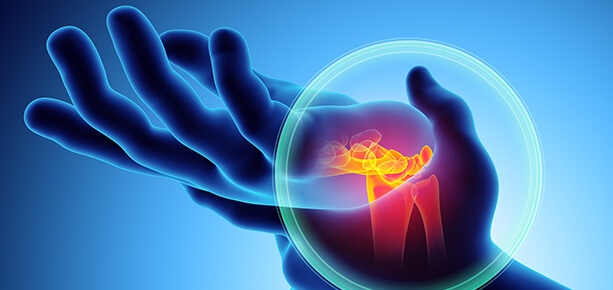 Approximately 180 million Indians are affected by arthritis, which can put pressure on the joints and muscles of the resulting inflammation. Chronic in nature, arthritis is often caused by movement and can lead to permanent tissue damage over time. Rheumatoid arthritis and osteoarthritis, the most severe types of arthritis, frequently affect the thighs, knees, and lower back.
Approximately 180 million Indians are affected by arthritis, which can put pressure on the joints and muscles of the resulting inflammation. Chronic in nature, arthritis is often caused by movement and can lead to permanent tissue damage over time. Rheumatoid arthritis and osteoarthritis, the most severe types of arthritis, frequently affect the thighs, knees, and lower back.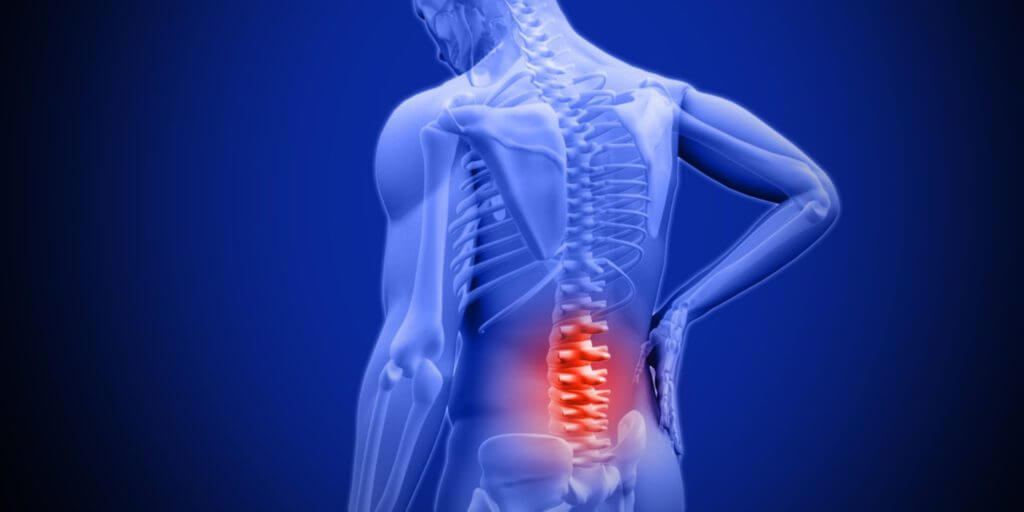 One in ten people has some degree of low back pain. Symptoms can range from mild to severe, with possible causes just as large. Since it can be difficult to identify the source of lower back pain, the elimination process is usually necessary to fine-tune treatment options.
One in ten people has some degree of low back pain. Symptoms can range from mild to severe, with possible causes just as large. Since it can be difficult to identify the source of lower back pain, the elimination process is usually necessary to fine-tune treatment options. As with pain in the neck, shoulder pain can be either localized or radiated to nearby areas, often to the shoulders. Rotator cuff injuries are the result of damage to any of the four muscles that support each shoulder joint. Big, heavy bursa muscles that protect the shoulders may also be weakened by sharp blows or extreme falls. The resulting inflammation is referred to as bursitis.
As with pain in the neck, shoulder pain can be either localized or radiated to nearby areas, often to the shoulders. Rotator cuff injuries are the result of damage to any of the four muscles that support each shoulder joint. Big, heavy bursa muscles that protect the shoulders may also be weakened by sharp blows or extreme falls. The resulting inflammation is referred to as bursitis.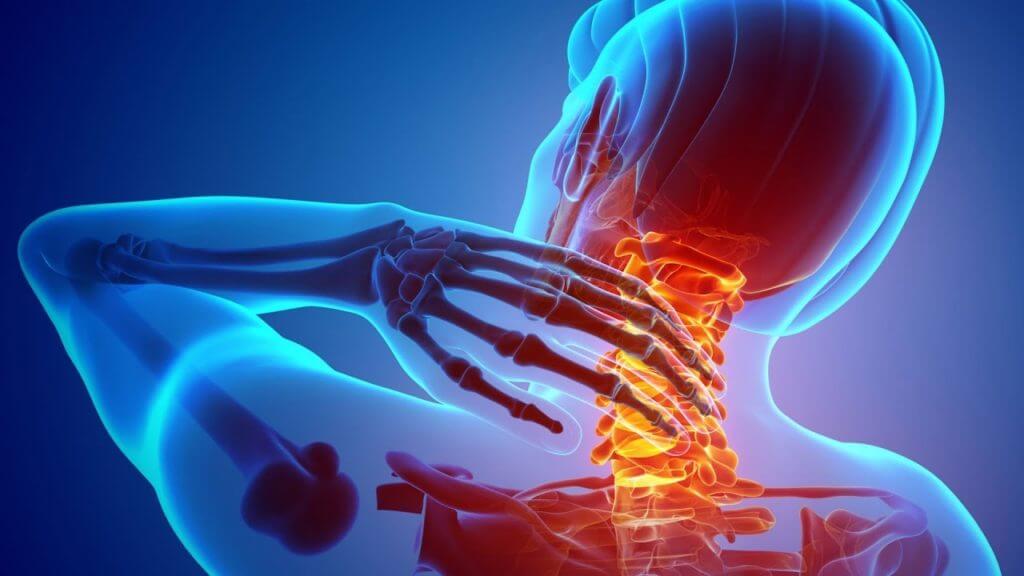 Muscle strain in the cervical spine can contribute to associated neck and discomfort, which may be further exacerbated by the disk and joint tears. Herniated cervical disks and injuries to tendons and muscles can lead to pain in the neck that can radiate to the back and shoulders.
Muscle strain in the cervical spine can contribute to associated neck and discomfort, which may be further exacerbated by the disk and joint tears. Herniated cervical disks and injuries to tendons and muscles can lead to pain in the neck that can radiate to the back and shoulders.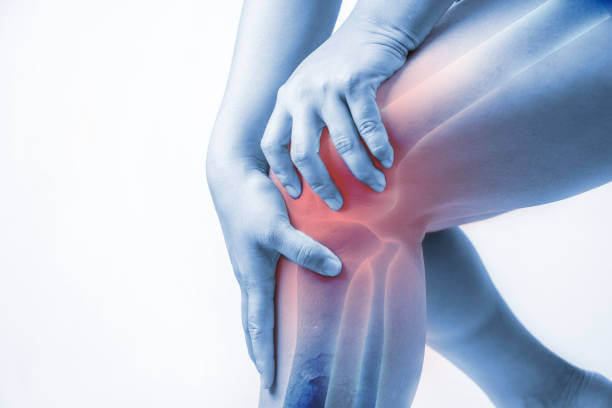 Stress fractures, strains, and sprains are among the most common soft tissue injuries suffered by adults. So long as there is no serious muscle injury, soft tissue injuries usually respond well to conservative, non-surgical procedures such as the use of heat or ice and some initial relaxation or alteration in regular activity.
Stress fractures, strains, and sprains are among the most common soft tissue injuries suffered by adults. So long as there is no serious muscle injury, soft tissue injuries usually respond well to conservative, non-surgical procedures such as the use of heat or ice and some initial relaxation or alteration in regular activity.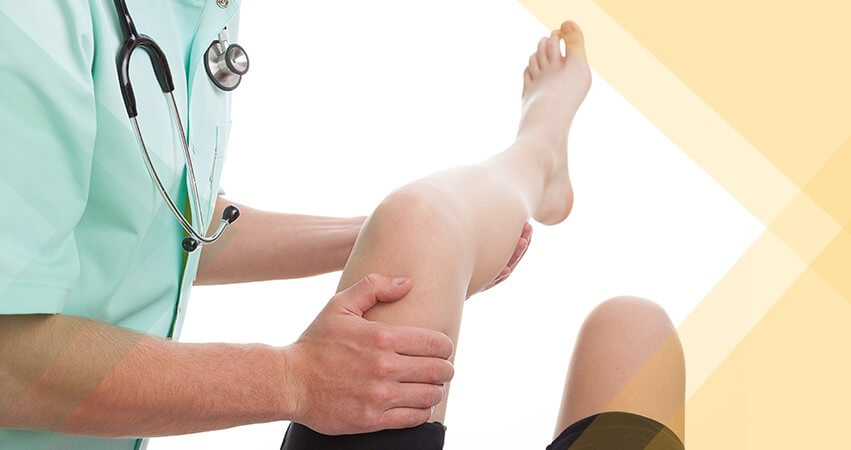 Orthopedics patients have benefited from technological advances such as joint replacement and an arthroscopy helps the orthopedic to look inside the joint. But your visit will begin with a personal interview and a physical examination. This may be accompanied by diagnostic tests, such as blood tests,
Orthopedics patients have benefited from technological advances such as joint replacement and an arthroscopy helps the orthopedic to look inside the joint. But your visit will begin with a personal interview and a physical examination. This may be accompanied by diagnostic tests, such as blood tests,  Chaudhary Hospital has the
Chaudhary Hospital has the 
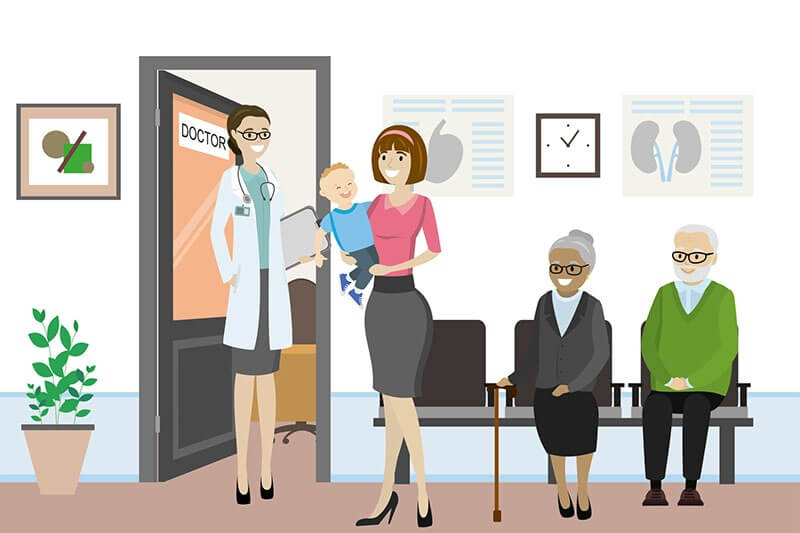 When selecting any hospitals, you need to test patient reviews and ratings. Since patient service is very critical to all hospitals. Take the most positive rate and analysis to make the best choices. The ranking would demonstrate the hospital’s quality and experience.
When selecting any hospitals, you need to test patient reviews and ratings. Since patient service is very critical to all hospitals. Take the most positive rate and analysis to make the best choices. The ranking would demonstrate the hospital’s quality and experience.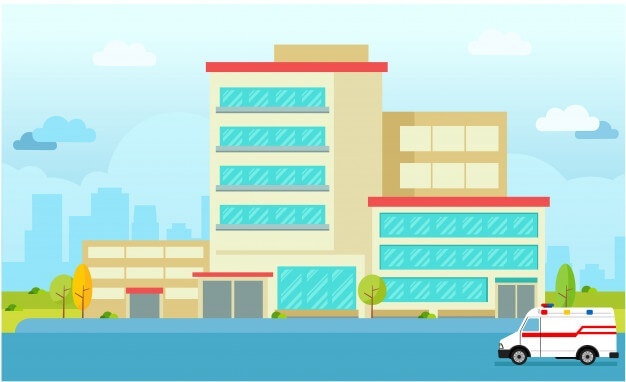 Most hospitals are going to have health and cleanliness. Because according to the Government regulations, all hospitals should have all the necessary safety measures and fire precautions. The hospital infrastructure is also very important to see. You wouldn’t want to be treated in a hospital that’s unhygienic and lacks the latest medical equipment and resources. Ensure that there are several emergency rooms and
Most hospitals are going to have health and cleanliness. Because according to the Government regulations, all hospitals should have all the necessary safety measures and fire precautions. The hospital infrastructure is also very important to see. You wouldn’t want to be treated in a hospital that’s unhygienic and lacks the latest medical equipment and resources. Ensure that there are several emergency rooms and 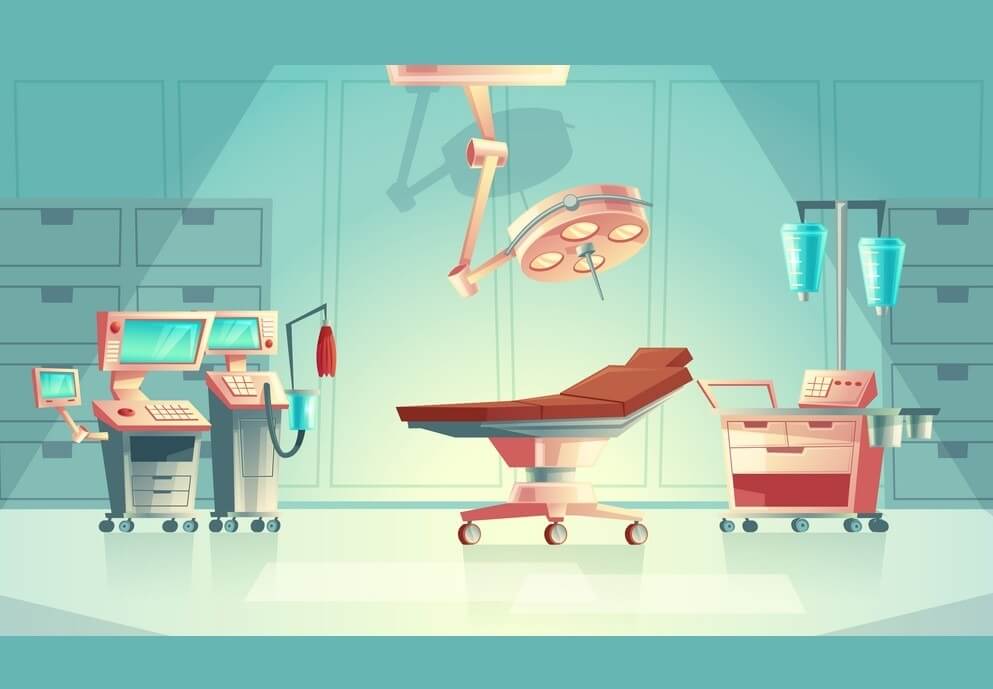 Patients can draw up a list of the top 10 hospitals in India according to their preferences, and then compare the technologies available there. Infrastructure and equipment have a big role to play in making the medical center stand out.
Patients can draw up a list of the top 10 hospitals in India according to their preferences, and then compare the technologies available there. Infrastructure and equipment have a big role to play in making the medical center stand out.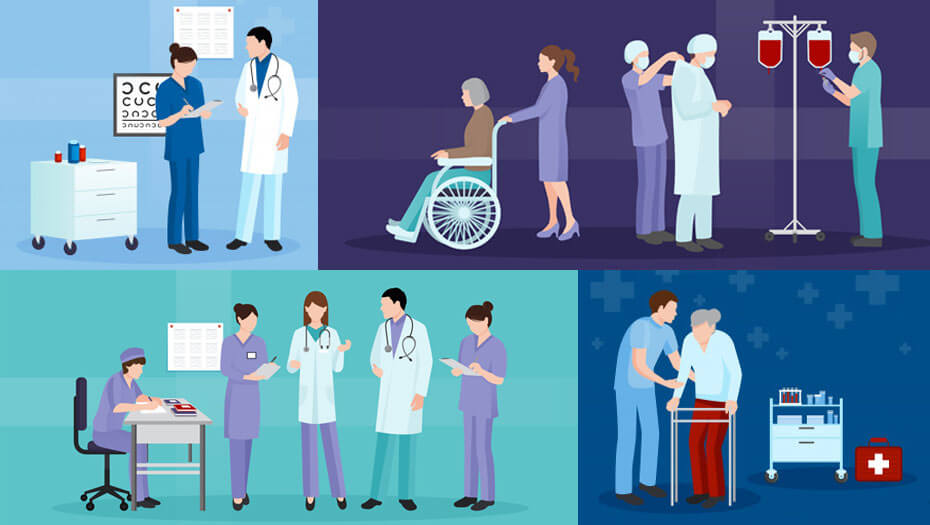 The most important thing we need to think about while choosing the best hospital is to test the training, qualifications, and experience of qualified doctors working in those hospitals. Before choosing hospitals, it is best to have a look at the doctor’s profiles and reviews.
The most important thing we need to think about while choosing the best hospital is to test the training, qualifications, and experience of qualified doctors working in those hospitals. Before choosing hospitals, it is best to have a look at the doctor’s profiles and reviews. We need to think about the facilities to live in the vicinity of hospitals. People should check out services such as pharmacy, hotels, lodging, transport, and more. Search for housing options and guest houses or rented accommodation near the hospital where you can rest and get around easily. You should also test the availability of ATMs and money transfer services such as Western Union and more.
We need to think about the facilities to live in the vicinity of hospitals. People should check out services such as pharmacy, hotels, lodging, transport, and more. Search for housing options and guest houses or rented accommodation near the hospital where you can rest and get around easily. You should also test the availability of ATMs and money transfer services such as Western Union and more.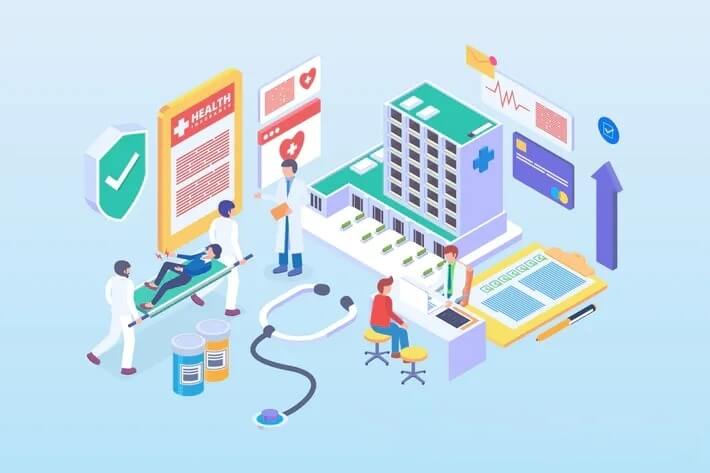 People covered by insurance plans need to test whether the hospitals that are shortlisted fall within the scope of their insurance coverage. This is going to help them make claims quickly. Hospital bills can be massive at times if your condition is serious; thus, insurance claims can be a blessing in such situations.
People covered by insurance plans need to test whether the hospitals that are shortlisted fall within the scope of their insurance coverage. This is going to help them make claims quickly. Hospital bills can be massive at times if your condition is serious; thus, insurance claims can be a blessing in such situations.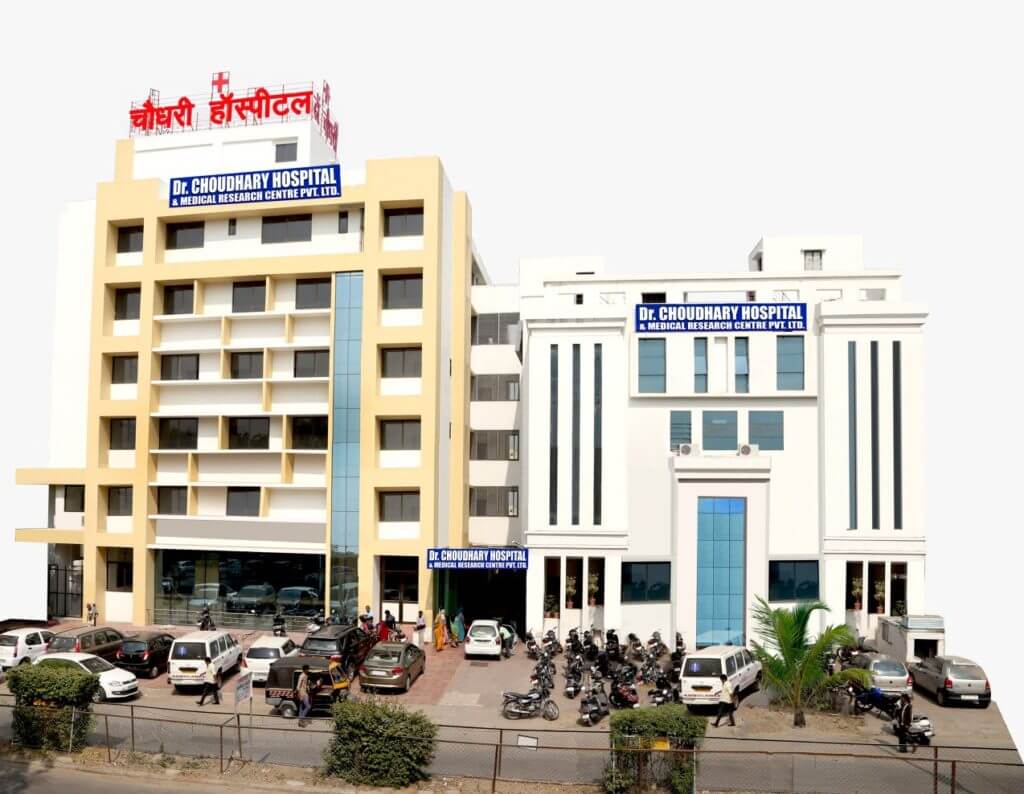 The hospital is renowned for its super-specialty services like
The hospital is renowned for its super-specialty services like